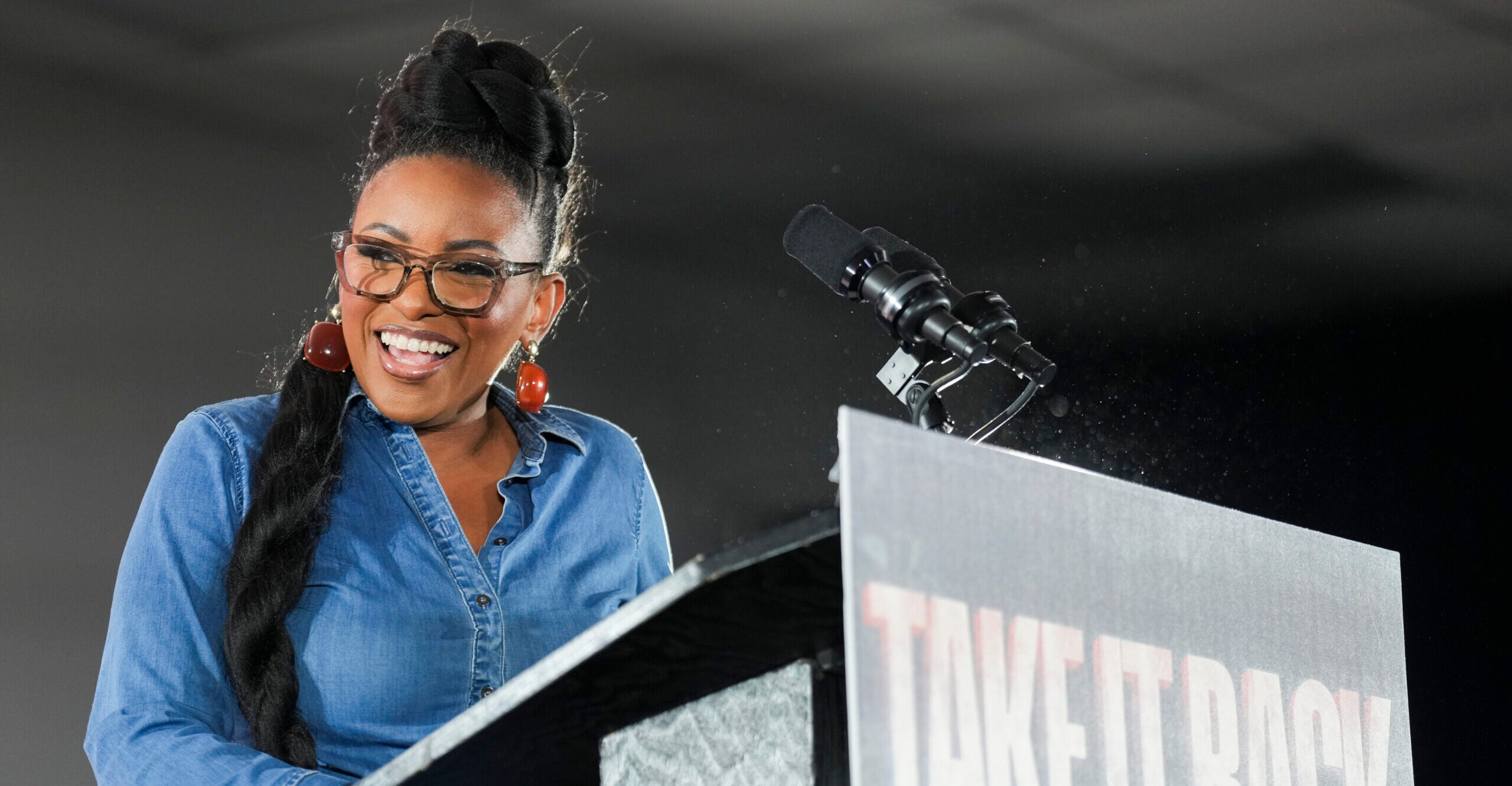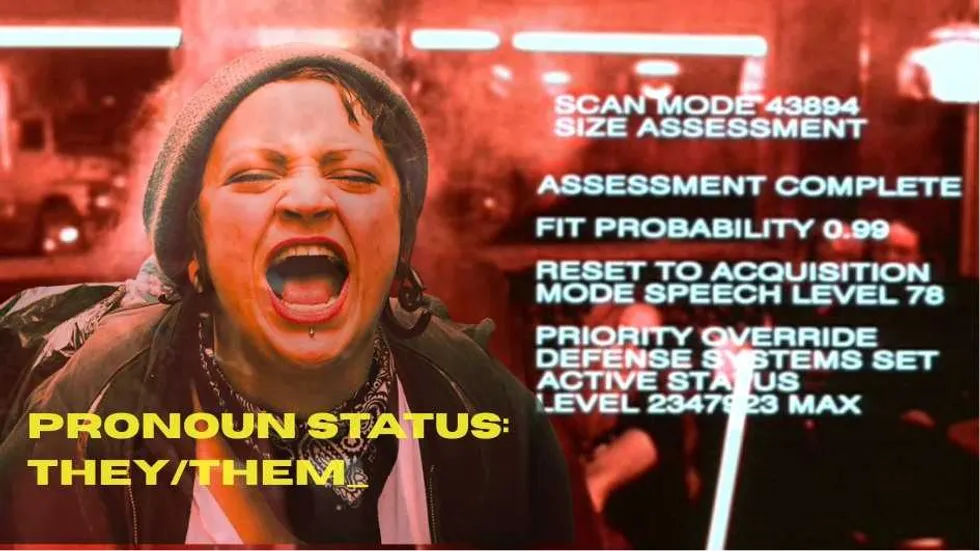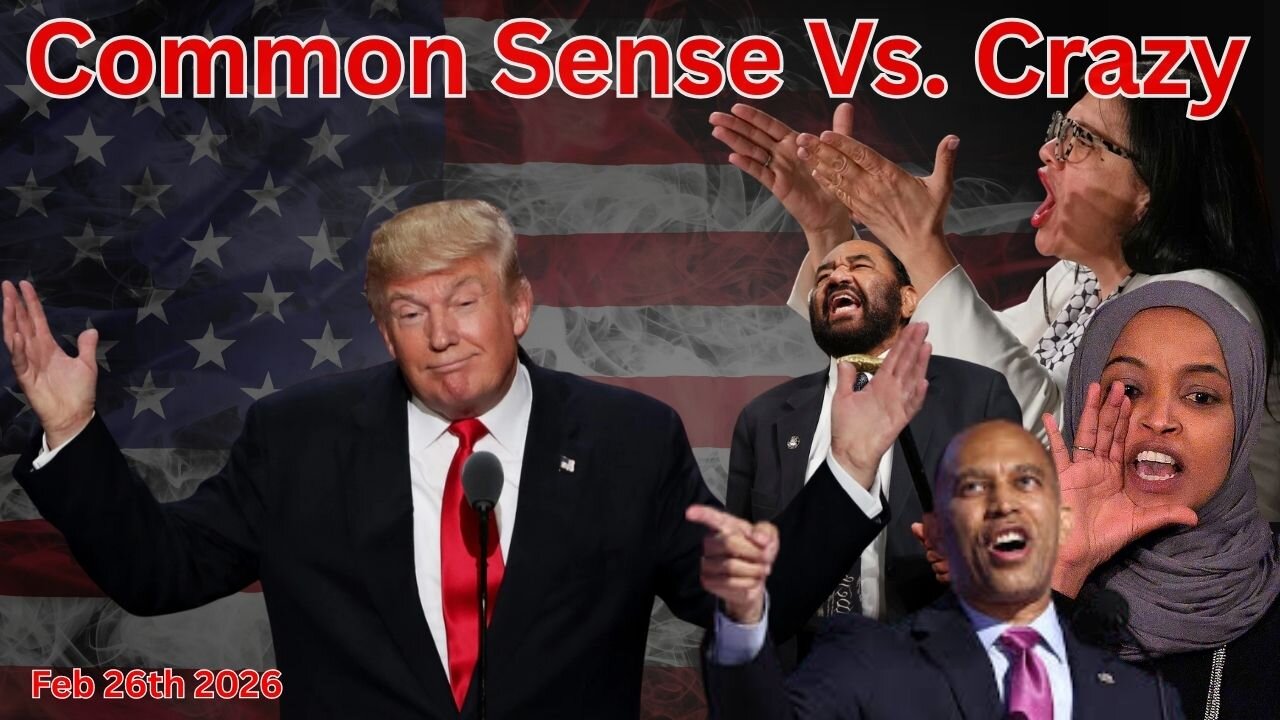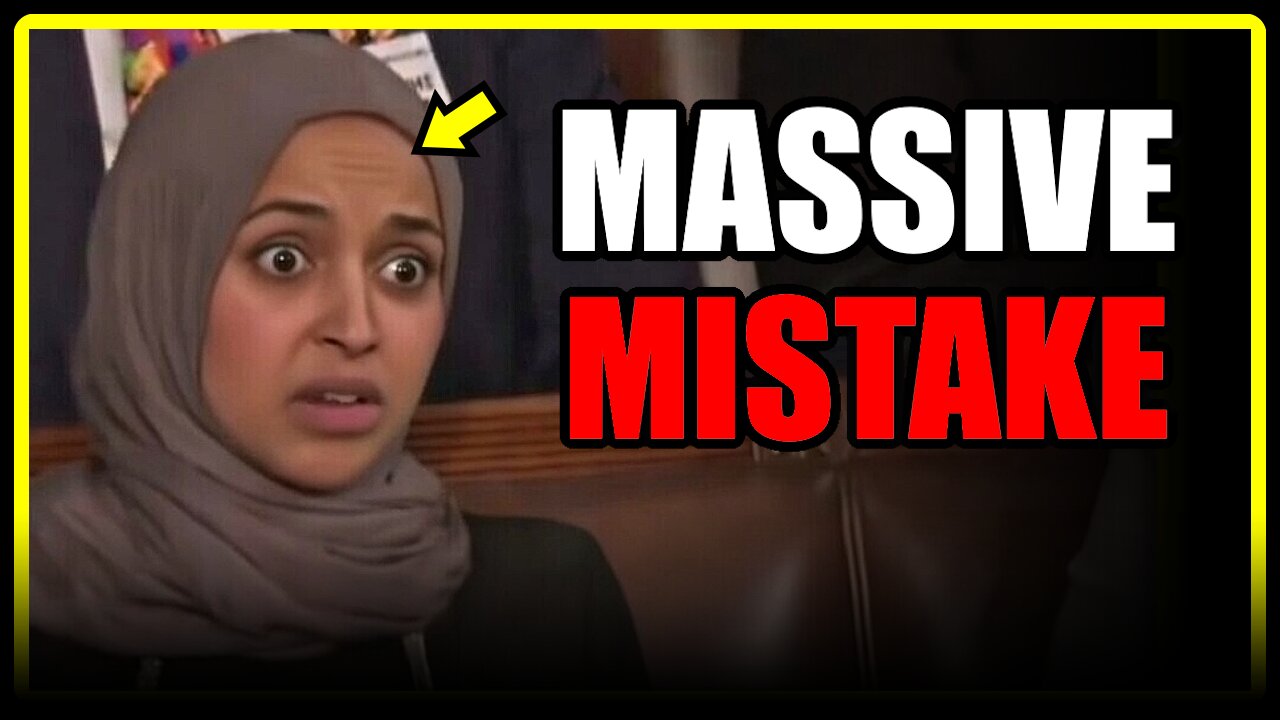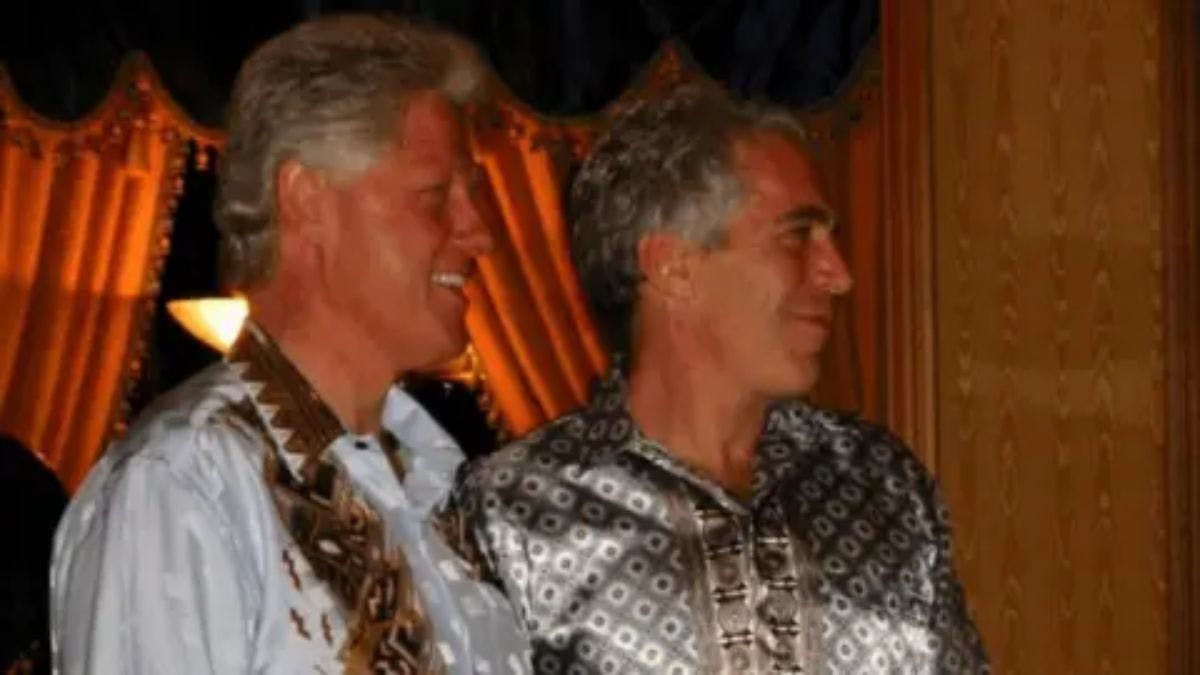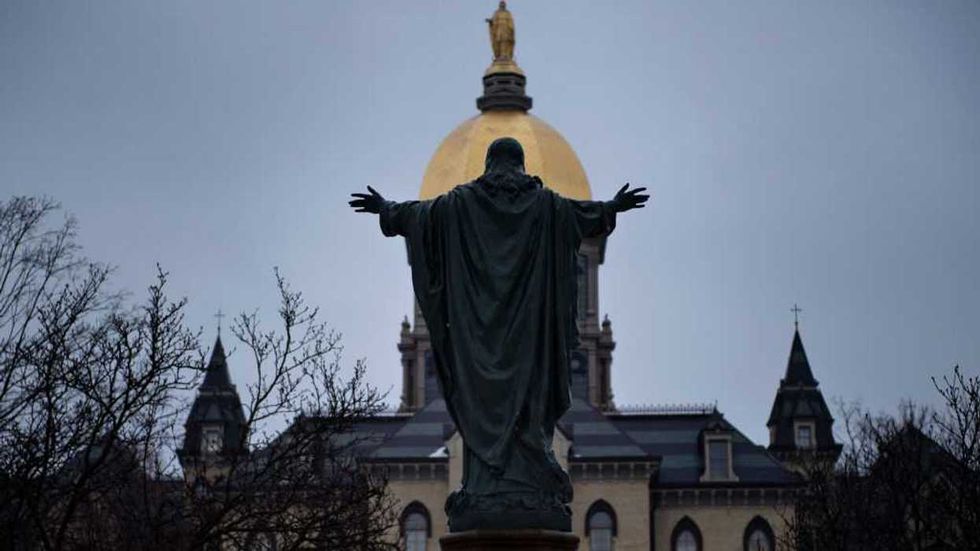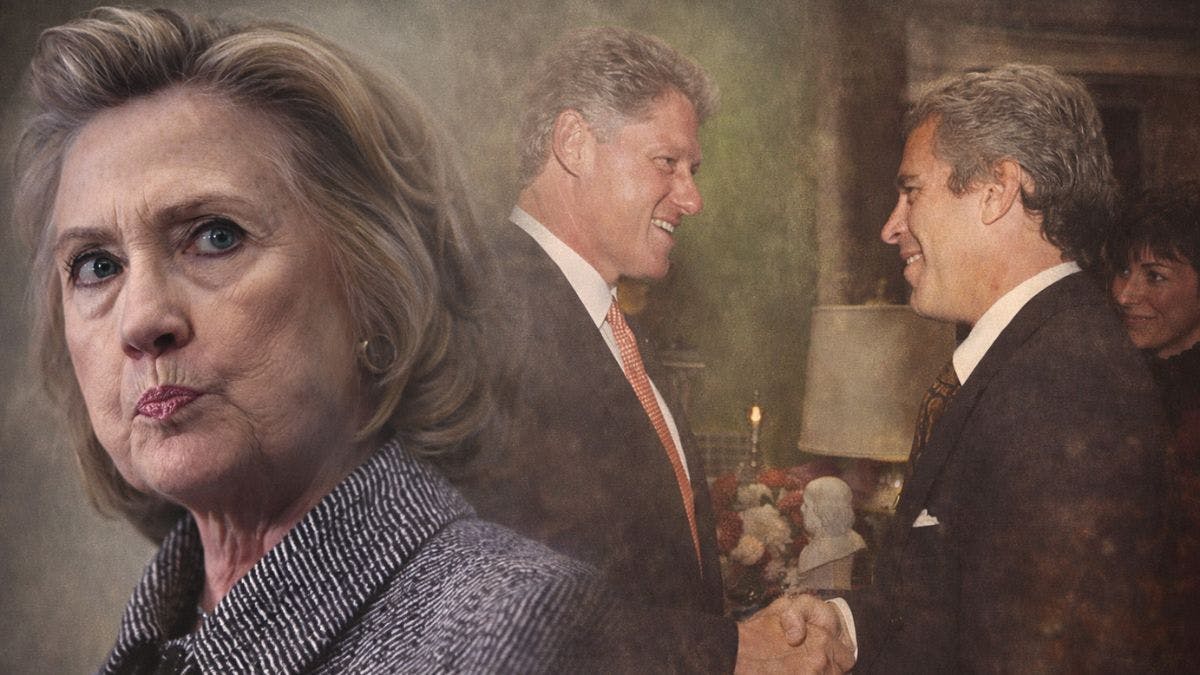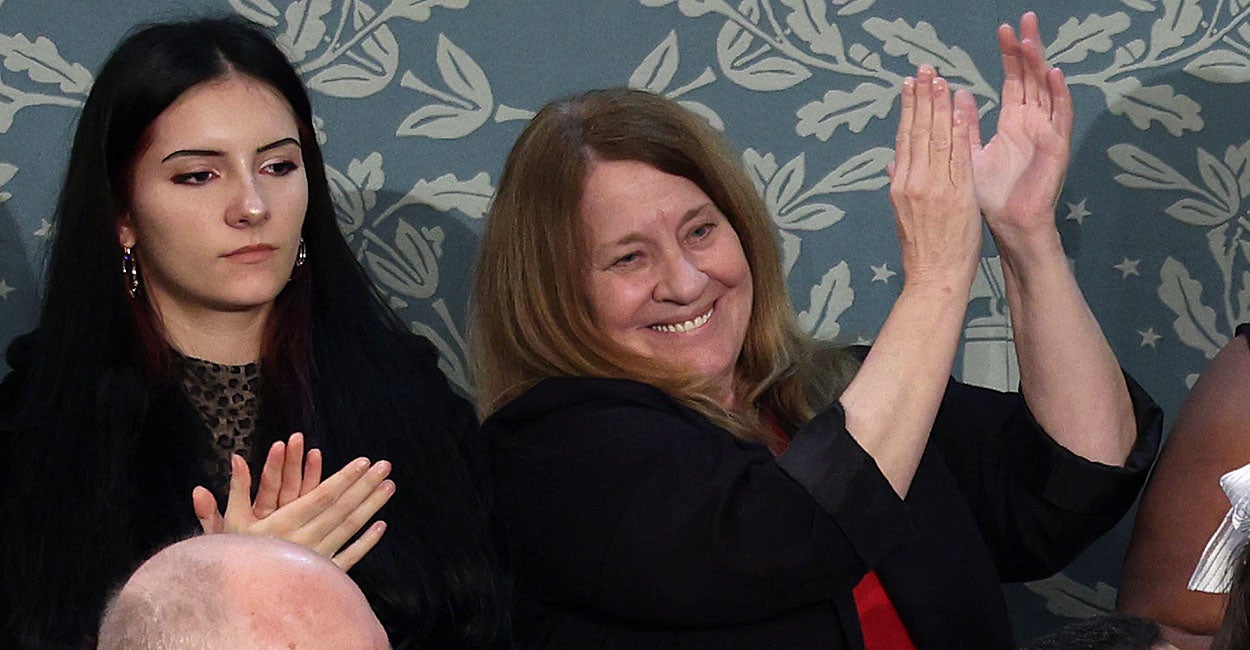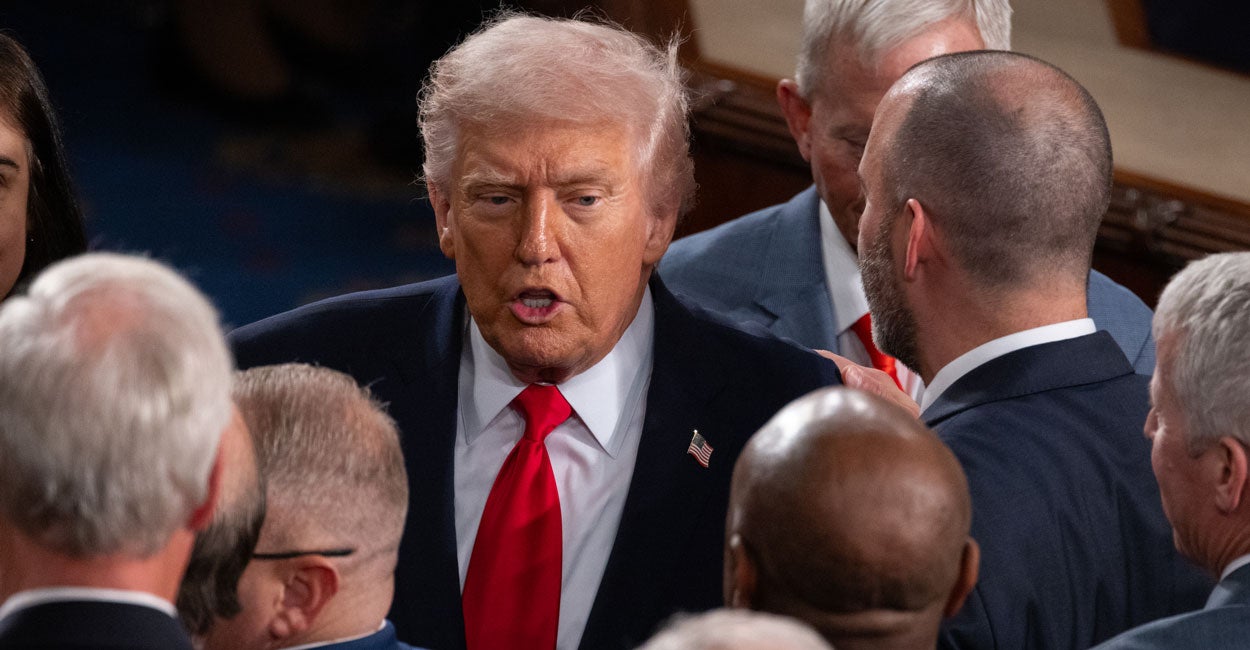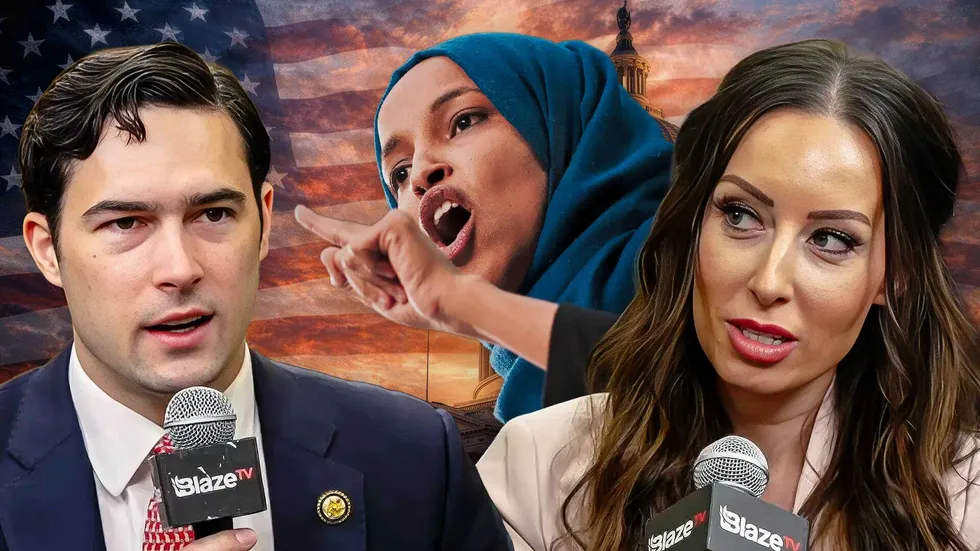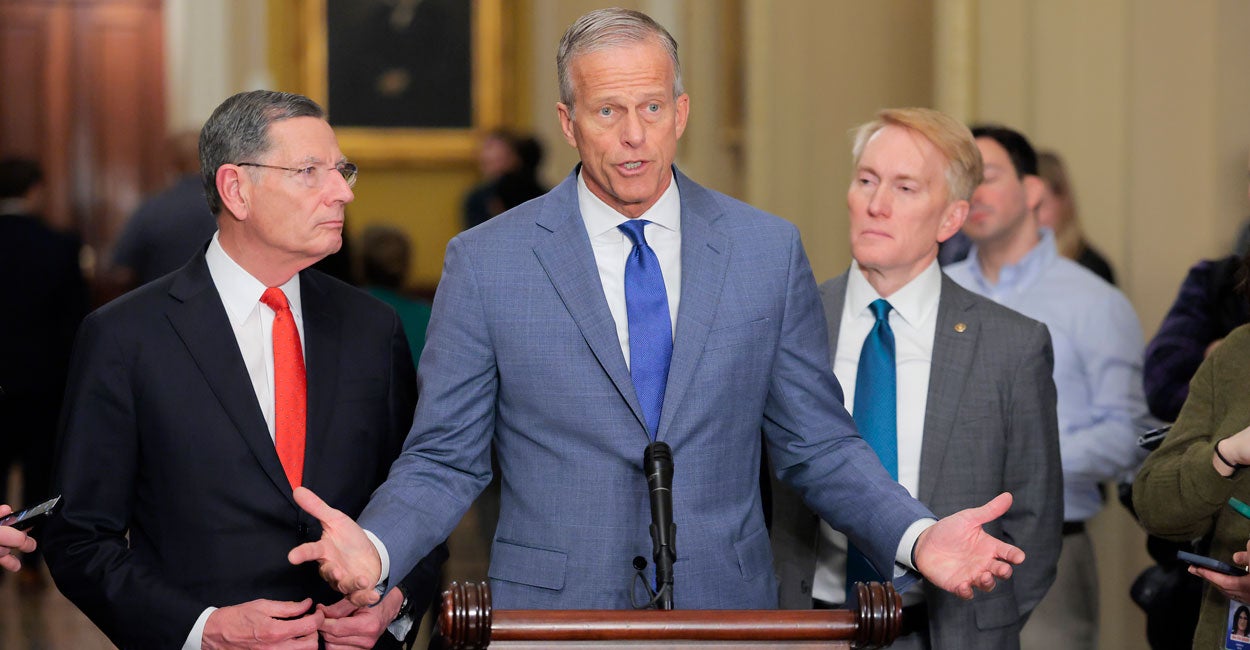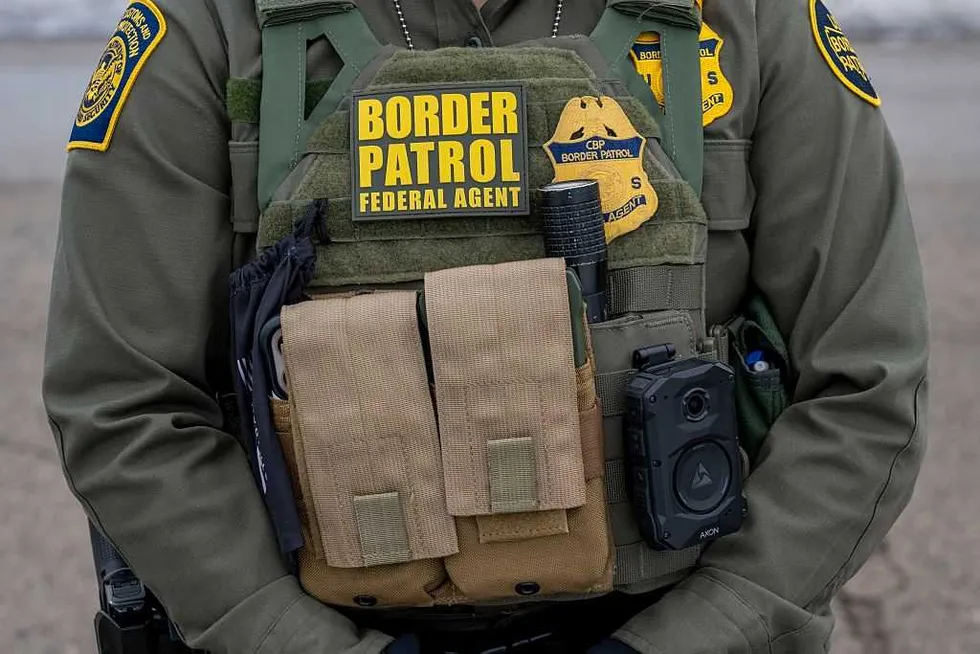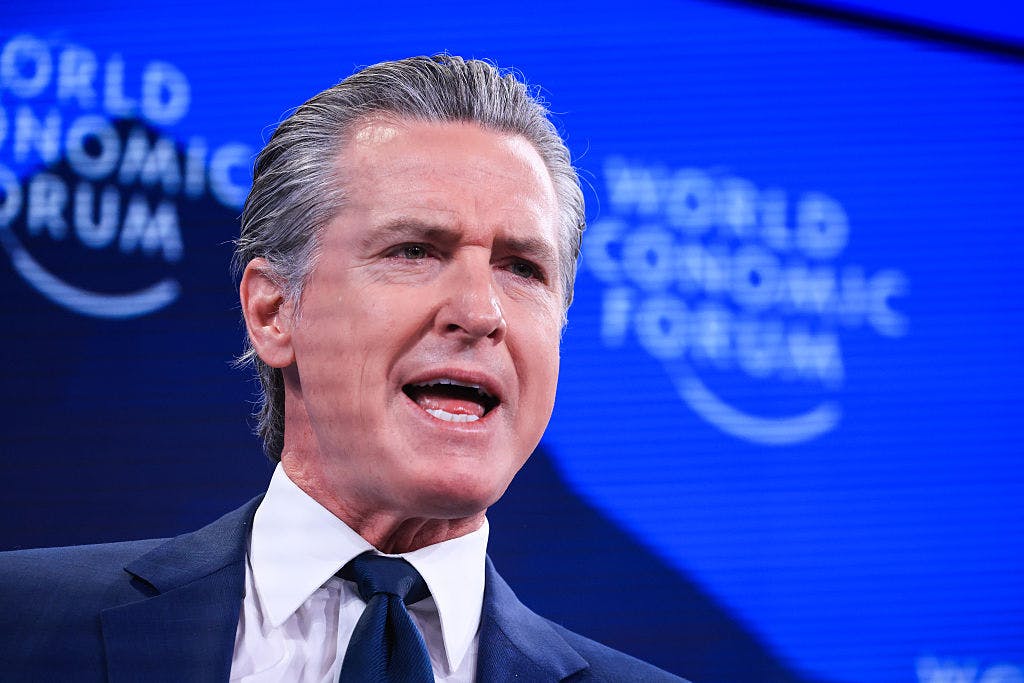'Charlie Kirk was a hate-monger': The comic-book worldview of Ta-Nehisi Coates


Progressive journalist Ta-Nehisi Coates knows how to create a villain — a useful talent for his side gig as a prolific Marvel comics writer.
Live Your Best Retirement
Fun • Funds • Fitness • Freedom
But real life ain't Wakanda — and when it comes to Charlie Kirk's legacy, not everyone is sticking to Coates' simplistic good guys/bad guys script.
In Coates' world, that can only mean they're "sanitizing" who the slain Turning Point USA leader really was.
'But if you ask me what the truth of his life was ... I would've had to tell you it's hate.'
Coates, who's scripted acclaimed runs of "Black Panther" and "Captain America," slammed Kirk in Vanity Fair just six days after his murder, calling the 31-year-old conservative activist a purveyor of "transphobia" who "reveled in open bigotry" and was "unconcerned with" the "humanity of Palestinians."
His proof? Out-of-context quotes from Kirk, all from infamous left-wing political machine Media Matters.
Having assembled this rap sheet of word crimes, Coates took it upon himself to call out those he felt were being too kind to Kirk after he was assassinated.
These included California Governor Gavin Newsom (D) for saying Kirk loved to debate, the Atlantic's Sally Jenkins for stating that Kirk "argued with civility," and NYT's columnist Ezra Klein for opining that Kirk "was practicing politics in exactly the right way."
Coates had a chance to confront Klein face-to-face as a guest on the September 28 episode of his NYT podcast, "The Ezra Klein Show."
Just 10 minutes in, Klein asked Coates, "Why do you think [Charlie Kirk] was winning?"
"That's not really hard for me to understand," Coates began, performing a roundabout before delivering some incredibly off-color remarks.
RELATED: Hollywood goes full antifa with 'One Battle After Another'
"I published a book 10 years ago, 'Between the World and Me.' And one of the constant, constant reactions to that was that it was overly pessimistic about this country. It was overly pessimistic about the future. ‘Why are you so dark, Ta-Nehisi? Why can’t you give us any sense of hope?’" the writer prefaced.
"And the reason I would always say is because any sort of sober examination of the history of this country says that those of us who believe in equality, those of us who believe in respecting the humanity of our neighbors and of everyone, that we're up against some really, really powerful forces of history and powerful, powerful narratives."
Coates went on to reminisce about identity politics in reference to President Obama and said that while it is nice to bask in the race-based joy of "seeing a black family in the White House mirroring what some of us felt the best of us was," the public sometimes "soothe ourselves" by pointing out instances of love and acceptance. Stating that he feels those are indeed powerful forces, Coates juxtaposed them with hate, which he believed Kirk was a purveyor of.
"I also believe hate is a powerful force. I believe it's a powerful, powerful unifying force. And I think Charlie Kirk was a hate-monger."
"I really need to say this over and over again," Coates continued. "I have a politic that rejects violence, that rejects political violence. I take no joy in the killing of anyone, no matter what they said. But if you ask me what the truth of his life was, and the truth of his public life, I would've had to tell you it's hate. I'd had to tell you it is the usage of hate and the harnessing of hate towards political ends," Coates added.
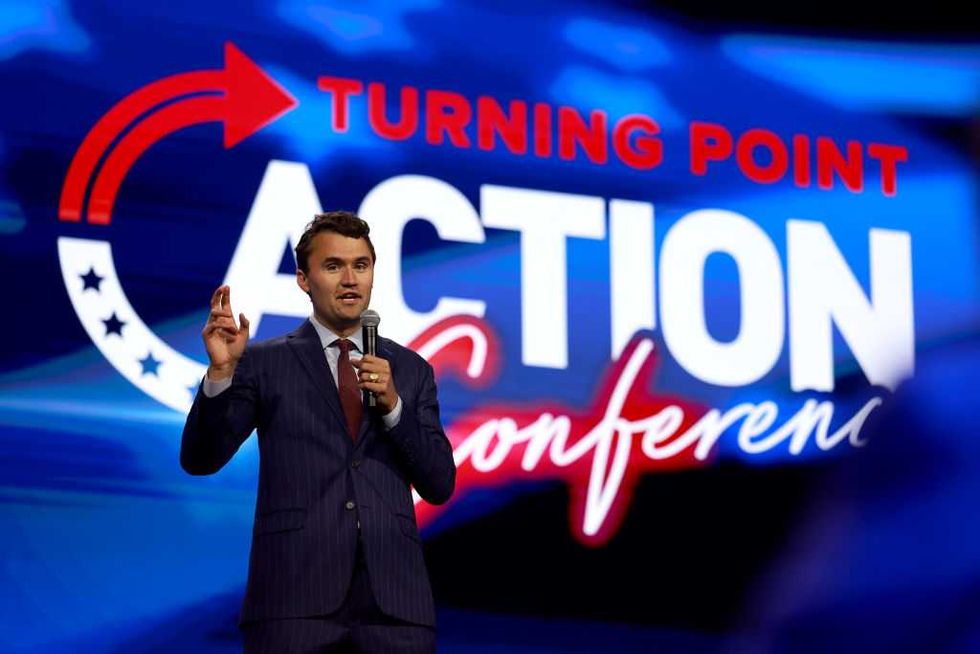 Photo by Joe Raedle/Getty Images
Photo by Joe Raedle/Getty Images
The writer condemned Kirk's killing as "horrifying," before trying to convince Klein that "political violence is the norm for the black experience" in America.
"I don't even mean, like, the Malcolm X, Martin Luther King variety of it, right? Which is the norm too. You would be hard-pressed to have a conversation with a black person in this country that is a descendant of slavery and not have them be able to reach maybe right here, or to tell you themselves, 'Look, my uncle, my grandfather, my great-grandfather, they lived in a small town in Mississippi, in Tennessee, in Alabama. They got into some sort of dispute with a white man, and either they were lynched or we had to run.' Political violence runs through us."
According to Britannica, between 1882 and 1951, 4,730 people were lynched in the United States: 1,293 whites and 3,437 blacks.
The encyclopedia also states that after 1935, "the number of lynchings drastically declined. During the 1950s and early '60s, the average stood at less than one per year. Some years saw no lynchings at all."
Like Blaze News? Bypass the censors, sign up for our newsletters, and get stories like this direct to your inbox. Sign up here!
Originally Published at Daily Wire, Daily Signal, or The Blaze
What's Your Reaction?
 Like
0
Like
0
 Dislike
0
Dislike
0
 Love
0
Love
0
 Funny
0
Funny
0
 Angry
0
Angry
0
 Sad
0
Sad
0
 Wow
0
Wow
0
